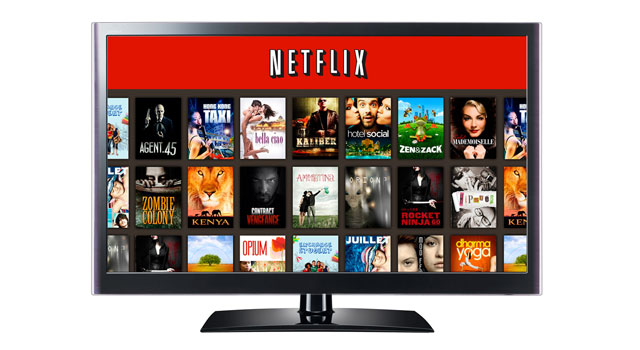
Subscribing to international music and video streaming subscription services such as Hulu and Netflix outside the regions for which they’re intended may breach the terms of service between content distributors and the owners of that content. But as long as South African users pay their monthly fees, their chances of facing any legal issues are slim.
This is according to two South African media lawyers.
On Thursday, TechCentral outlined some of the methods local Internet users employ to access popular streaming content services such as Netflix, Spotify, Hulu and others.
David Feinberg, a partner at media and entertainment law firm Rosin Wright Rosengarten, says licences between owners of content and distributors such as Netflix include a “limitation on the territory or territories in which they operate”. This is for commercial reasons and, if the distributor wishes to expand into other territories, that will result in a separate negotiation around fees.
Often these deals include “minimum fees or advances, or other guarantees”. For example, a content owner may demand US$10m upfront, which the distributor then recoups from revenues earned by providing services in the territory in question..
At the same time, the terms and conditions between distributors and end users tend to include a list of warranties whereby the users applying to use the service agree that the details they provide are true.
Feinberg says that should a content owner approach a distributor and complain that its content is being accessed in a country where it isn’t licensed to offer it, the latter will likely argue that end users have “misrepresented” themselves and that it is not to blame.
The distributor could terminate users’ accounts or go after them in same way, but Feinberg is yet to hear of this happening in South Africa. Moreover, distributors tend to “turn a blind eye” because they’re earning fees from subscribers in unsupported territories and, in any event, have indemnified themselves in the terms and conditions agreed to by end users.
Feinberg says it’s unlikely an international content owner or distributor would invest the money and resources to launch litigation in South Africa. “That’s always the problem with infringement,” he says. “You have to ask whether it’s worth pursuing.”

Furthermore, under acts such as the US’s Digital Millennium Copyright Act, platforms that host content can’t be held liable by content owners until they’ve been notified by them of an alleged infringement and have then subsequently failed to act. This is how many “torrent” sites and file-hosting services have escaped prosecution for allegedly violating copyright.
“Netflix will take the view that they’ve taken all necessary precautions, but if the matter is brought to their attention, then it is likely they’ll have to do something — and that something would most likely be simply cutting off the user in an unsupported territory,” Feinberg says.
However, Peter Grealy, head of the media and technology department at law firm Webber Wentzel, says the odds of South Africans being cut off by Netflix and other streaming services are slim. This is because, even if users are accessing content from outside a supported country, they’re still paying for it — and the owner’s imperative is to sell as much content as possible.
Moreover, Grealy says the licence awarded to companies such as Netflix and Hulu “will not deal with matters that arise extraterritorially” and thus it doesn’t necessarily offer them the scope to deal with this.
“You can only regulate within the confines of the legislation,” Grealy explains. “The likelihood of litigation is remote because of the cost, geographical challenges and the number of people involved. Many South Africans have US iTunes accounts and we haven’t seen anything done about that.” — (c) 2013 NewsCentral Media
- See also: How to get Netflix, Hulu in SA




